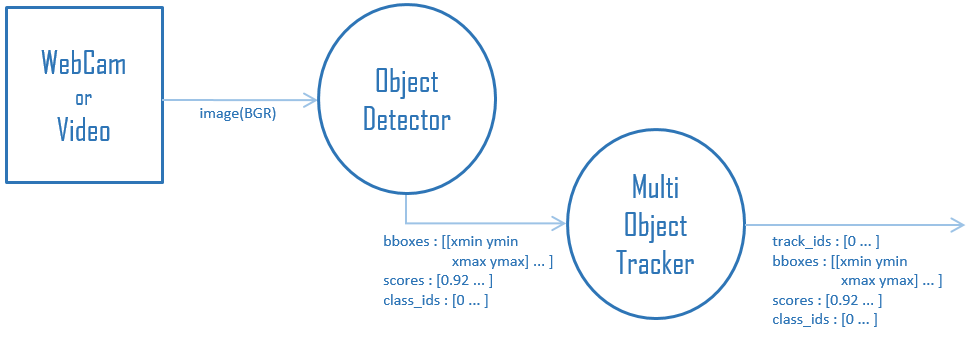Dual Parameterization of Sparse Variational Gaussian Processes
Documentation | Notebooks | API reference
Introduction
This repository is the official implementation of the methods in the publication:
- V. Adam, P.E. Chang, M.E. Khan, and A. Solin (2021). Dual Parameterization of Sparse Variational Gaussian Processes. In Advances in Neural Information Processing Systems (NeurIPS). [arXiv]
The paper's main result shows that an alternative (dual) parameterization for SVGP models leads to a better objective for learning and allows for faster inference via natural gradient descent.
Repository structure
The repository has the following folder structure:
scrcontains the source codeexperimentscontains scripts to reproduce some of the experiments presented in the paperdocscontains documentation in the form of notebooks and an api reference.testscontains unit and integration tests for the source code
Installation
We recommend using Python version 3.7.3 and pip version 20.1.1. To install the package, run:
pip install -e .
To run the tests, notebooks, build the docs or run the experiments, install the dependencies:
pip install \
-r tests_requirements.txt \
-r notebook_requirements.txt \
-r docs/docs_requirements.txt \
-e .
Notebooks
To build the notebooks from source, use jupytext:
jupytext --to notebook [filename].py
Citation
If you use the code in this repository for your research, please cite the paper as follows:
@inproceedings{adam2021dual,
title={Dual Parameterization of Sparse Variational {G}aussian Processes},
author={Adam, Vincent and Chang, Paul Edmund and Khan, Mohammad Emtiyaz and Solin, Arno},
booktitle={Advances in Neural Information Processing Systems (NeurIPS)},
year={2021}
}
Contributing
For all correspondence, please contact [email protected].
License
This software is provided under the MIT license.




